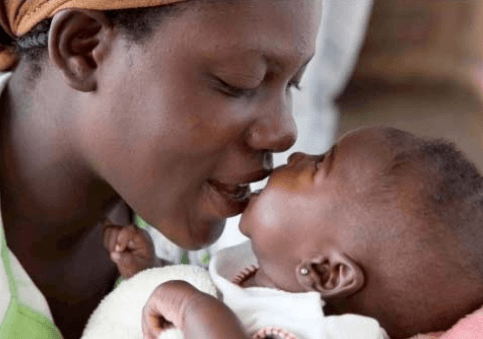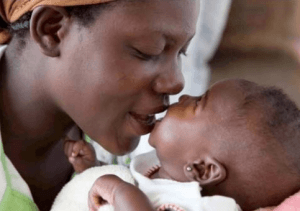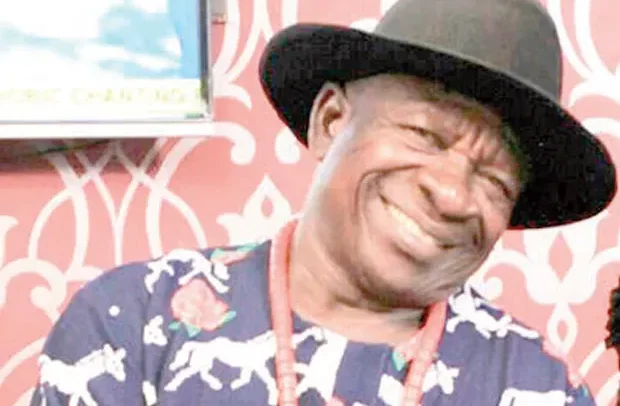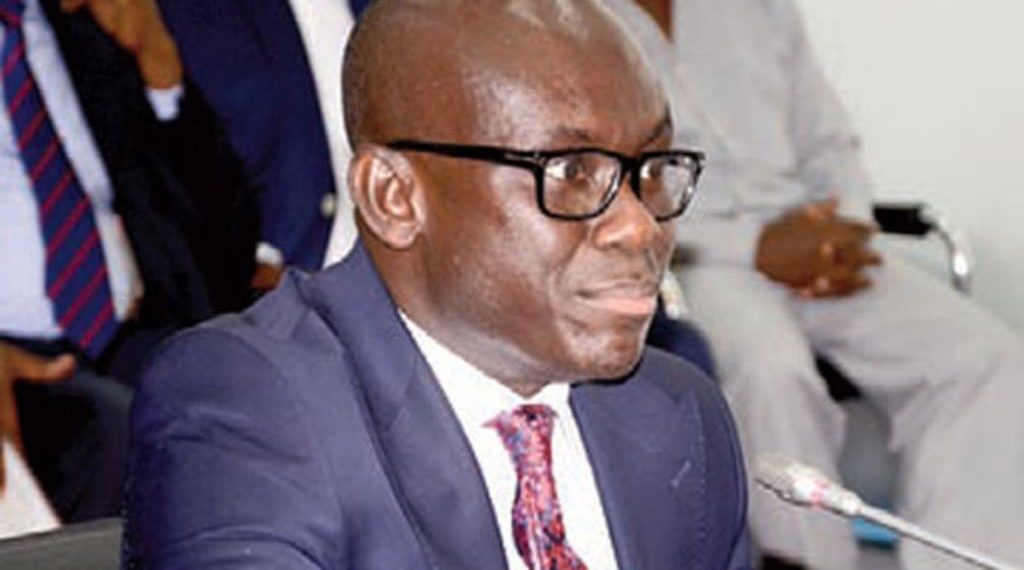

 Four months into marriage, Yaayaa (not the real name) realized she was pregnant, her joy knew no bounds as she had always wanted to experience being a mother.
Four months into marriage, Yaayaa (not the real name) realized she was pregnant, her joy knew no bounds as she had always wanted to experience being a mother.
Yaayaa worked in one of the prestigious banks in Ghana and she had her plans drawn out, how she was going to juggle being a mother and a career woman.
She was also progressing steadily in her job which gave her a lot of satisfaction. Nine months came so quickly and soon it was time for the baby to arrive.
Everything went as expected with the childbirth, it was a baby boy, but somehow the baby didn’t cry after birth. It looked like something was wrong, but the medics could not point out exactly what was wrong.
The baby was taken to the neonatal intensive care unit (NICU) of the hospital, while in NICU the baby even developed neonatal jaundice.
After about two weeks, Yaayaa and her baby were discharged from the hospital. In Yaayaa’s mind everything was alright.
Baby seemed to be growing well and it was all joy, soon it was time for Yaayaa to resume official work and she happily did, but her life and work were no longer going to be the same.
It was one challenge after the other, almost every week ended with her at the hospital with the baby, after a lot of hospital visits and not being sure what was particularly wrong with the child, doctors told her, her child may be having cerebral palsy.
Cerebral palsy
Cerebral palsy is a neurological condition that affects the movement and sometimes the speech of a growing child. It is caused by an injury to a child developing brain – this injury could happen either during pregnancy, during childbirth or shortly after birth.
Cerebral palsy is the number one cause of physical disability in childhood, and it has no cure.
Looking for solution
Yaayaa did not know how to take the news of her child’s diagnosis, it was time to look for a solution, she told herself.
The months that followed her child’s diagnosis were uncertain or unstable, she found herself either consulting a herbalist, a pastor, a traditional priest or one medical doctor or another.
It also became a life of hopping from one pastor to another seeking solutions to her child’s challenge.
At work, Yaayaa was always full of excuses, she always came in with one excuse or the other, as her child was constantly sick, and she needed help.
After about four years into her child’s diagnosis, she decided to resign from her official work and concentrate fully on taking care of her son.
Her son was growing but there was no improvement in his condition, at age seven, Yaayaa’s son could still not sit, crawl, or do anything independently.
Yaayaa had been taking her child for physical therapy sessions as doctors recommended and yet there seemed to be no improvement at all.
Complicated challenges
But that was not the end of Yaayaa’s problems, her husband also started developing some strange attitude, her once lovely husband will now stay so late at work, wasn’t supporting her at home at all and worse of all stopped providing for the home.
Before Yaayaa could understand what was happening to her husband, she got to know that her husband now had a mistress and had even had a child with his mistress.
Yaayaa became a single mother to her son with cerebral palsy because her husband eventually left her. She resorted to all kinds of jobs to make ends meet.
Maintaining her son who was growing in age but not growing in skills was very expensive. At age 14, her son was still using diapers since he couldn’t achieve toilet training. Yaayaa had to be there to feed her son, attend to his toilet needs, bathe him and do just anything for him. Her son could not achieve any independent living skills.
Sometimes, she would leave her son alone in the room and go and sell or go and wash peoples clothing to enable her to earn an income.
Yaayaa told the media that she did all kinds of jobs, sometimes neglecting her son to be able to survive for one more day.
The Parents Support Group
When her son was 19 years old, someone introduced her to a parents support group, the Special Mothers Project. There she met other parents; they shared ideas and experiences as well as offered physical support to one another.
The Special Mothers Project apart from engaging in advocacy on issues affecting children with cerebral palsy and their families also connect parents with the limited but available support systems in Ghana.
It was during one of the regular discussions on their WhatsApp platform that Yaayaa shared her story with her 19-year-old son.
The other parents on the platform touched by her story decided to contribute money to support one of their own. The platform realized quite a substantial amount of money for Yaayaa and helped her to set up a grocery shop to enable her to earn some steady income and have time to take care of her son.
A year went by and Yaayaa was doing so well with her shop, she reported back to the group.
Support systems
She told the media that even though she is in a much better place and can support her son, there are no formalized support systems in Ghana to support persons like her or families of children with disabilities.
“There is no place, I can take my now 20-year-old son for recreation or even rehabilitation, I couldn’t even take him to a formal school because public schools and facilities that take care of the needs of children and adults with cerebral palsy do not exist in Ghana.”
Yaayaa said “I am in a better place than I used to be, I am happier, my son is happier but there is one thing I wish and pray for: My child must die before me.”
“If I die, who will take care of my son, who? She asked. “There are no facilities, there are no institutions with trained caregivers on how to manage a person with moderate to severe cerebral palsy in Ghana,” she said.
Usually, the burden of care is on the family especially the mother, sometimes even family members shun taking care of persons with moderate to severe cerebral palsy, that is why we need the government to put in place, programmes and policies that would facilitate the care of children with cerebral palsy outside of the nuclear family.
Yaayaa called on the government to pay attention especially to the needs of children or persons with cerebral palsy and their families in Ghana, since they have been excluded for so long.
By Hannah Awadzi
PS: Even though it is a true story, the names and situation in this article have been changed to protect the identity of the people involved.
The post My child must die before me appeared first on Ghana Business News.
Read Full Story
















Facebook
Twitter
Pinterest
Instagram
Google+
YouTube
LinkedIn
RSS